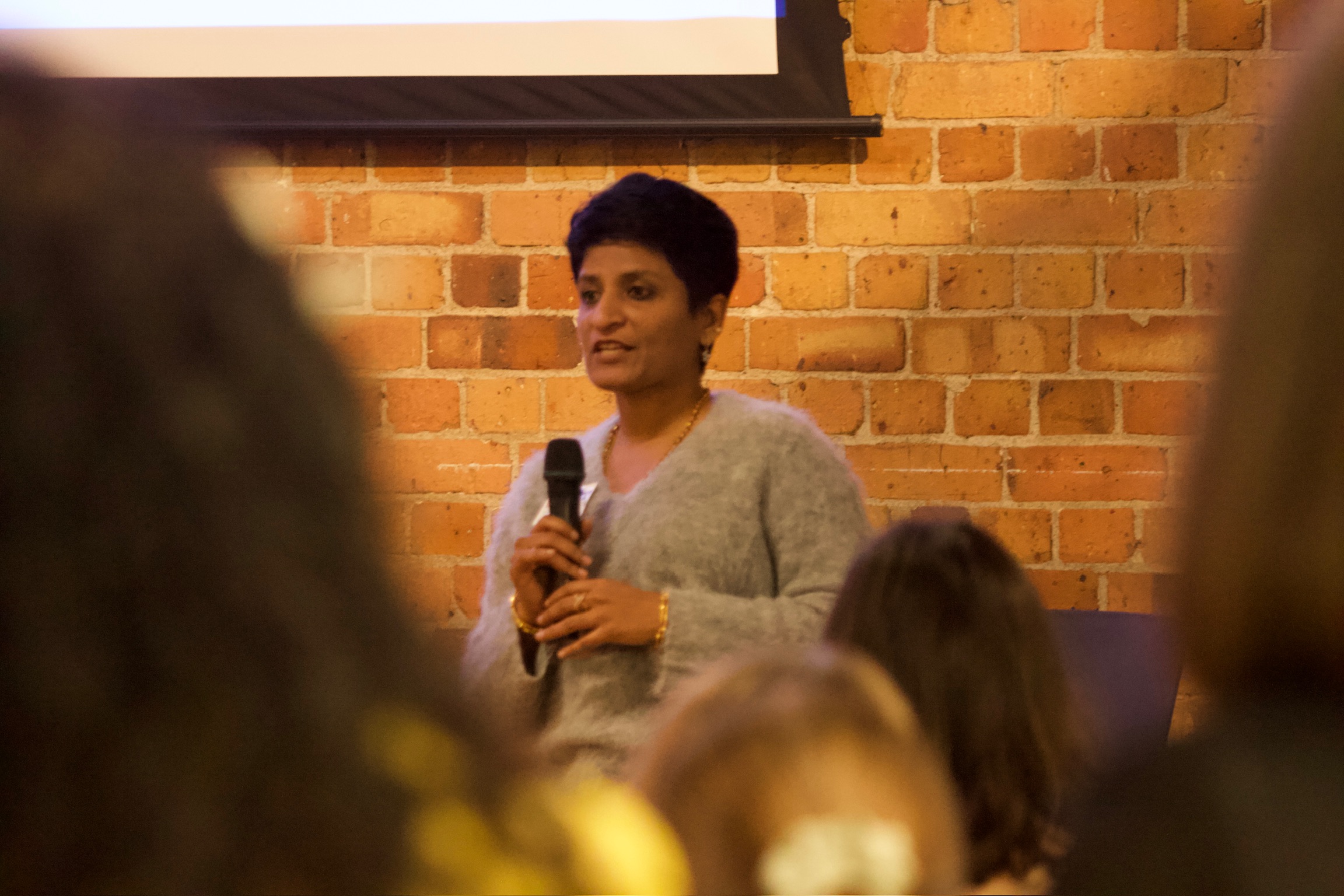

Discover the Vision Behind Our Mission
Founded on the power of connection, Tech Beyond Gender is dedicated to creating more inclusive and humane workplaces. Drawing on over 20 years of experience across technology, education, and people-focused work, we are passionate about supporting environments that uplift diverse voices and lived experiences.
Initiatives for our Community
Join us in fostering an inclusive society. Our services provide resources, support, and community.




Join the Movement – Envision a future where Gender Equality is not an aspiration but a reality in our community!
Tech Beyond Gender stood out for its depth, integrity, and action-orientation. It creates space for honest conversations while translating lived experience into practical change. Initiatives like this are essential to move tech beyond awareness and toward lasting, structural inclusion.
Tech Beyond Gender creates visibility where there is silence. By holding space for every story, it has the power to become a catalyst for generational change in Aotearoa’s tech sector—reshaping who belongs, and who leads.
Snippets of Inspiration from our Podcasts
Together, we can create a future that celebrates every voice. Join us in our mission to foster diversity and equity.
